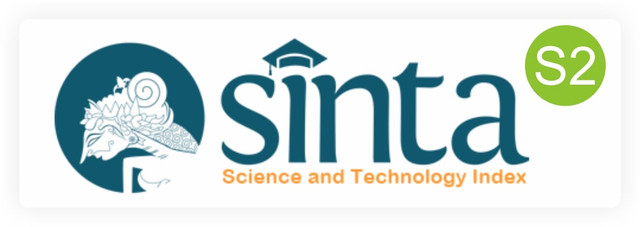Analysis of soft gelatin capsule with real-time polymerase chain reaction for halal autenthication
DOI:
https://doi.org/10.12928/pharmaciana.v13i1.25694Keywords:
DNA, halal, porcine gelatin, real-time PCR, soft capsuleAbstract
Halal medicine is an interesting topic to always discuss because it is a priority choice for Muslim consumers, one of which is halal capsules. Currently, molecular biology techniques such as real-time polymerase chain reactions are rapidly developing, including for the analysis of non-halal components based on DNA sequences. This study aimed to validate the quantitative PCR method for identifying DNA in gelatin-based products and to apply the confirmation method designed for capsule samples on the market circulating in Yogyakarta to prove the halalness of these samples. Validation of the porcine DNA detection analysis method on standard extraction of porcine gelatin using primer pairs obtained in previous studies. Validated methods are used for testing market capsule shells. The qPCR method using D-loop primers is specifically capable of amplifying porcine gelatin DNA up to a concentration of 0.5 pg/µL, with a CV value in the amplification response of porcine gelatin DNA isolates (1000 pg/µL) of 0.85% which meets the test criteria using the PCR. Three samples of commercial soft capsules tested gave a positive amplification response, meaning that the samples tested contained porcine DNA, and one negative sample, which probably had non-porcine gelatin. The application of this method is also very useful for ensuring the authenticity of the capsule shell, especially from cross-contamination and counterfeiting.
Downloads
Published
Issue
Section
License
Authors who publish with Pharmaciana agree to the following terms:
- Authors retain copyright and grant the journal the right of first publication with the work simultaneously licensed under a Creative Commons Attribution License (CC BY-SA 4.0) that allows others to share the work with an acknowledgment of the work's authorship and initial publication in this journal.
- Authors are able to enter into separate, additional contractual arrangements for the non-exclusive distribution of the journal's published version of the work (e.g., post it to an institutional repository or publish it in a book), with an acknowledgment of its initial publication in this journal.
- Authors are permitted and encouraged to post their work online (e.g., in institutional repositories or on their website) prior to and during the submission process, as it can lead to productive exchanges, as well as earlier and greater citation of published work.


1.png)











